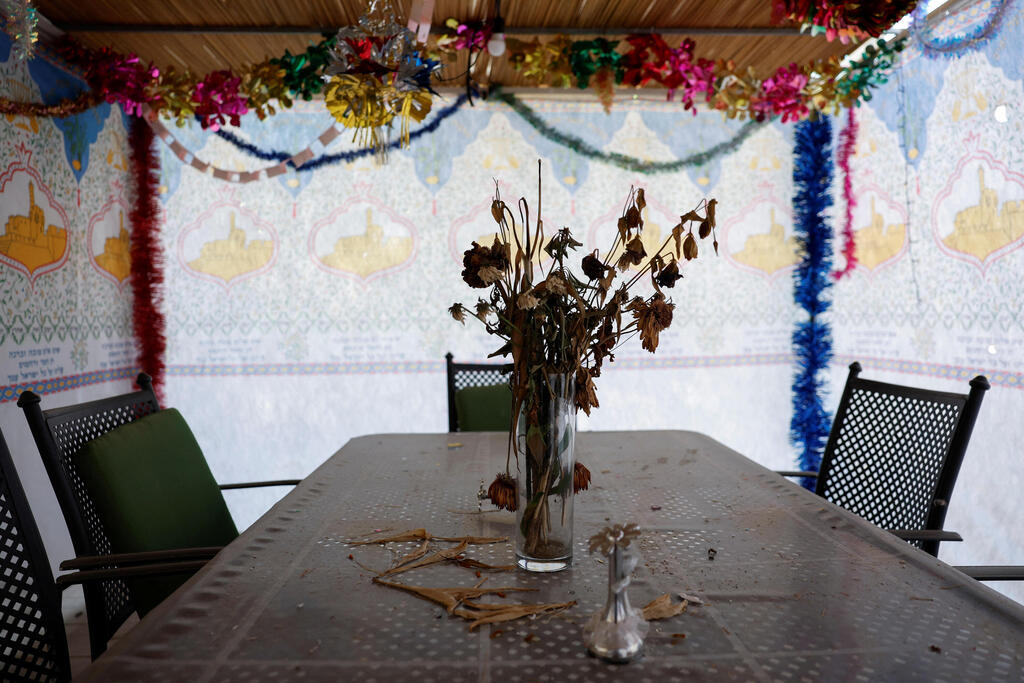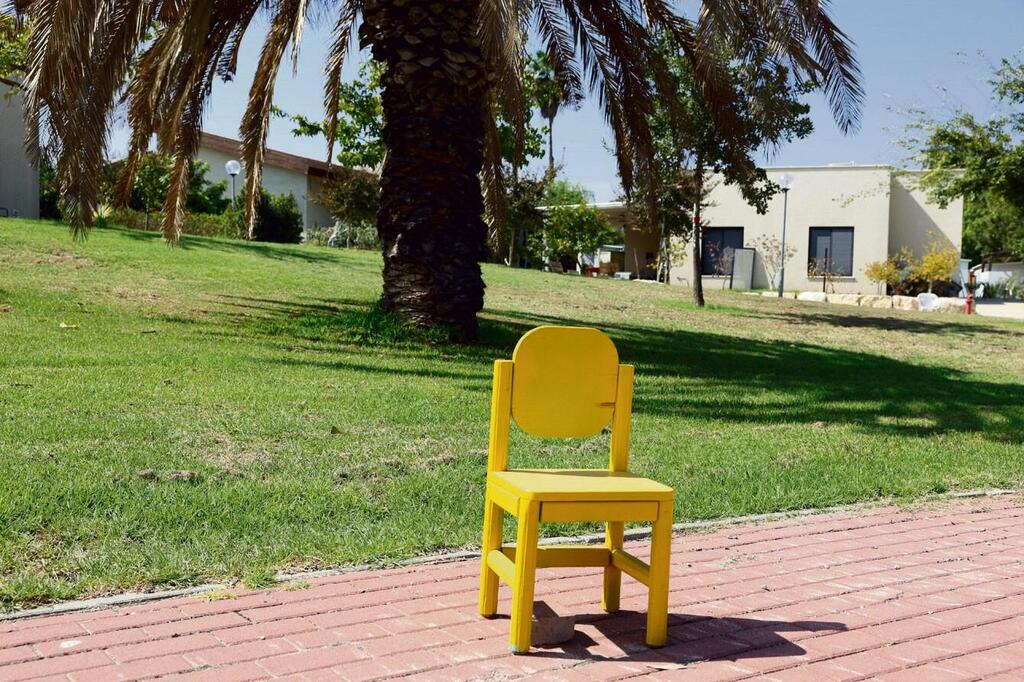Getting your Trinity Audio player ready...
A few years ago, I had the honor of leading the holidays at the Bina House in Dharamshala, nestled in the Indian Himalayas. While building the sukkah that would welcome hundreds of travelers for the holiday, I experienced a profound moment: before my eyes, local farmers ventured into the surrounding fields, erecting makeshift sukkahs to gather the remaining crops before the rain began.
I realized that what I was witnessing, thousands of miles from Israel, mirrored the experiences of our ancestors thousands of years ago. I saw the joy in the farmers' eyes, their satisfaction and gratitude for the harvest, and I thought of the biblical people who, during the harvest festival, ventured out to sleep in temporary huts while collecting the last of the grain in the fields of Israel.
This was a reminder of the deep connection our calendar has with the land and the cyclical nature of the seasons—a link sometimes forgotten amid symbolic and historical meanings of the holiday. Indeed, like every Jewish holiday, the ancient cosmic significance of the autumn celebration has been enriched over generations with historical and spiritual layers.
In the Bible, the festival is mentioned as a commemoration of the Exodus from Egypt and our connection to the land of Israel through the commandments of dwelling in the sukkah and the four species: "so your descendants will know that I had the Israelites live in temporary shelters when I brought them out of Egypt. I am the Lord your God." (Leviticus 23:43); "On the first day you are to take branches from luxuriant trees—from palms, willows and other leafy trees—and rejoice before the Lord your God for seven days." (Leviticus 23:40).
This year, unfortunately, an additional dimension is added to the holiday, which occurs between October 7 and Simchat Torah. Here lies the delicate balance that has kept us stable for so many generations, like a candle flickering on the fragile roof of human existence. The Jewish calendar allows us to layer changing aspects of our historical and national narrative onto the stable and constant foundations of the seasons and lunar phases.
Just as our ancestors layered the story of the Israelites' desert wanderings and their deep connection to the land and its bounty over the autumn harvest season, this year, as we sit in the sukkah, we are called to tell our story from the past year: to remember those who lost their permanent homes, to feel their pain and to pray for their swift return home.
We find solace in the sense that, thanks to family and community, we can live even in impermanence as long as we are together and have rich spiritual lives. And, of course, to remember that even when physically in one place, our minds and hearts may wander elsewhere.
This year, despite the freedom symbolized by dwelling in the sukkah and the story of Exodus, we cannot celebrate freedom. This year, we will leave an empty yellow chair in the sukkah, and our hearts remain captive in Gaza.
Nevertheless, we remember that the festival of Sukkot follows a period of introspection and offers an opportunity for new beginnings and growth—because, from impermanence and fragility, we can find strength, hope and renewal. This serves as an eternal reminder of our ability to overcome challenges and find light even in the darkest times.
- Nir Braudo is the deputy director of BINA: The Jewish Movement for Social Change
Get the Ynetnews app on your smartphone:




